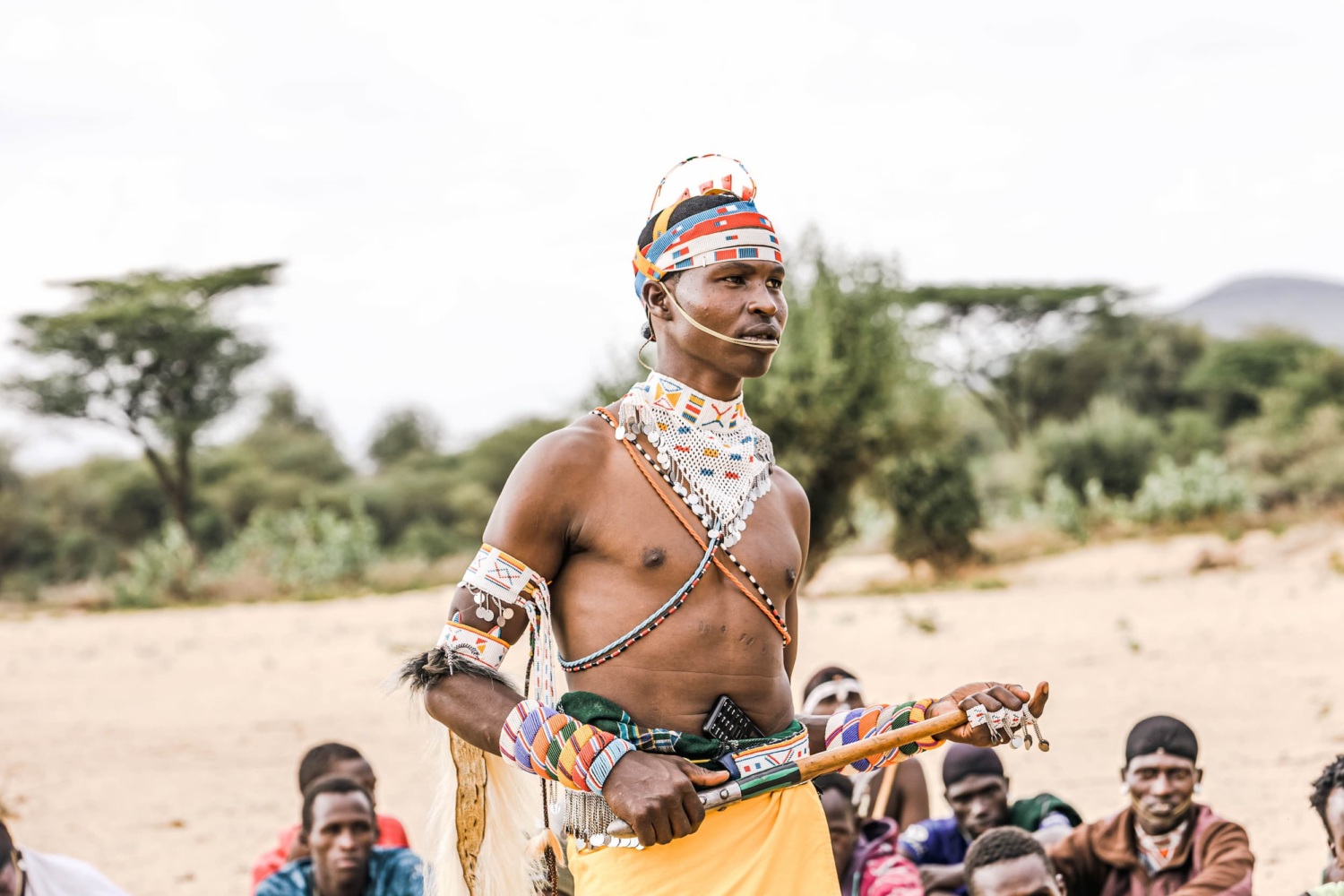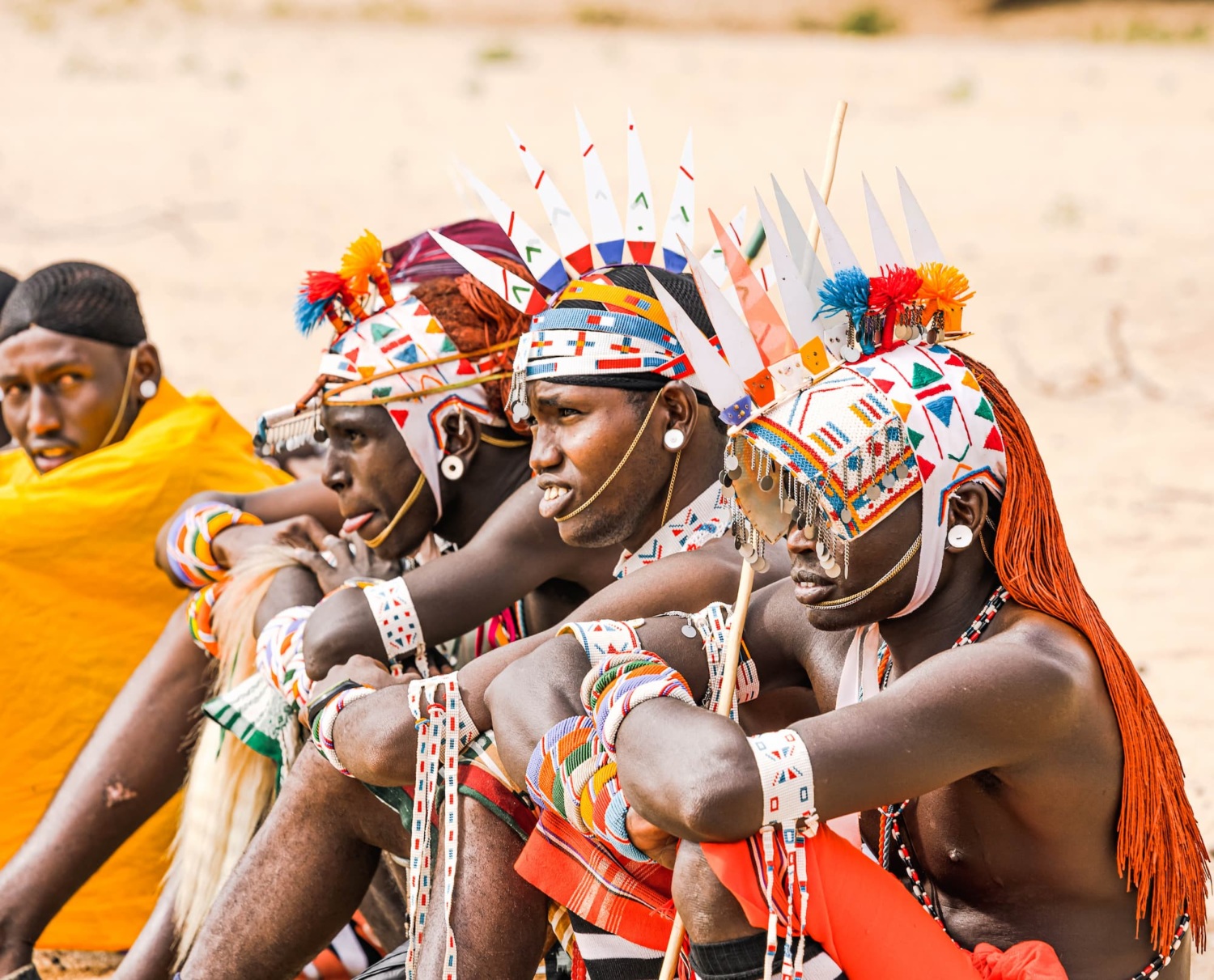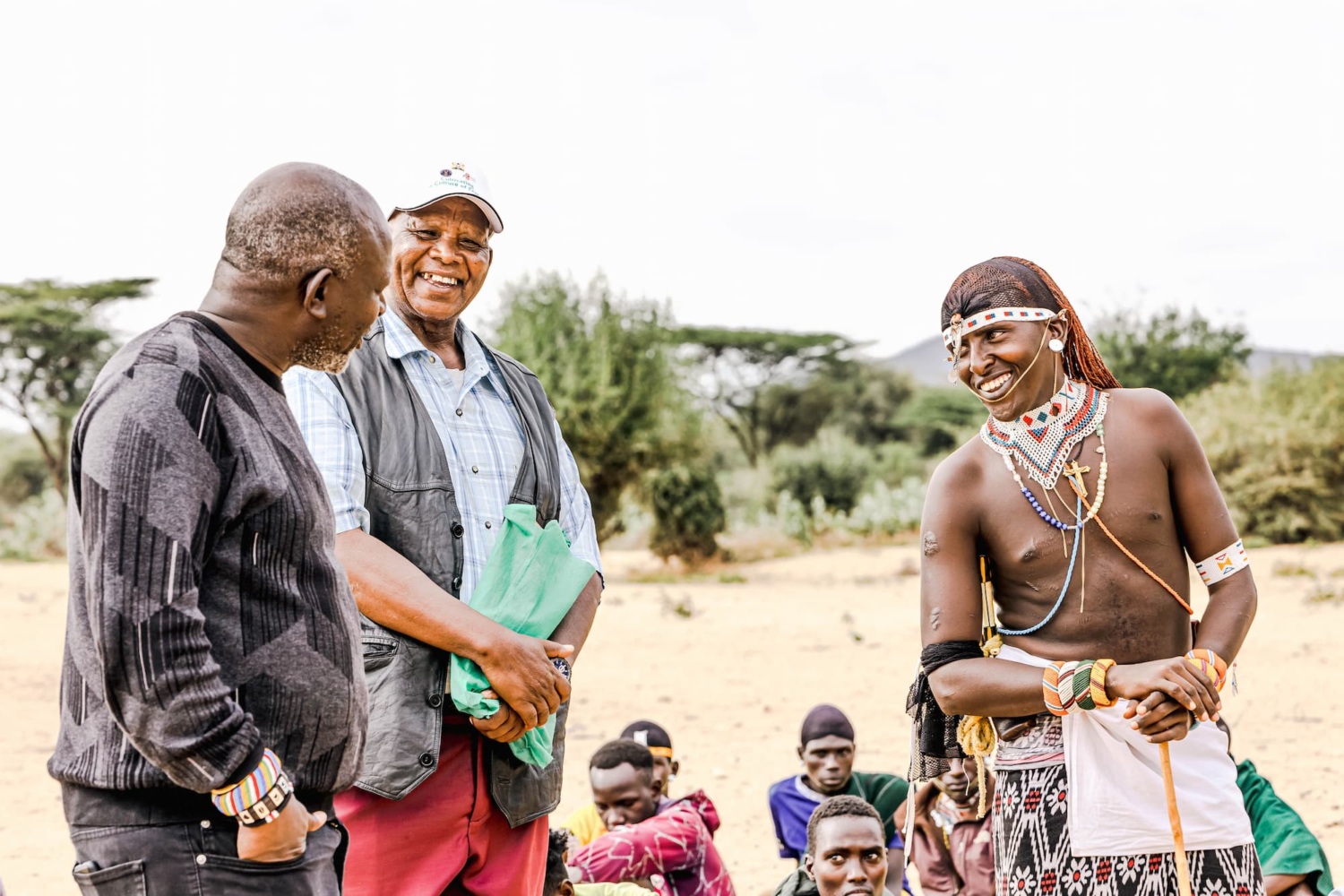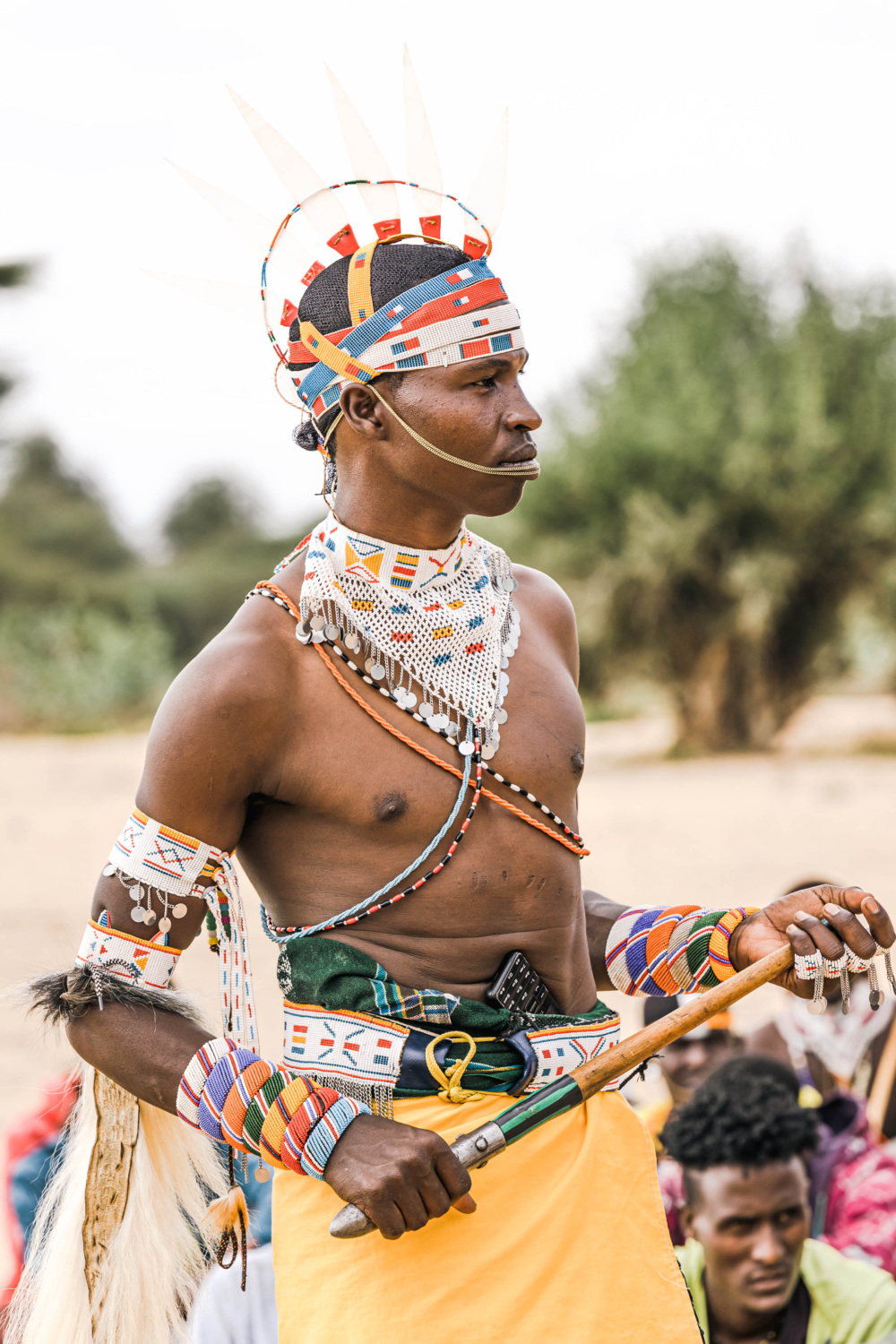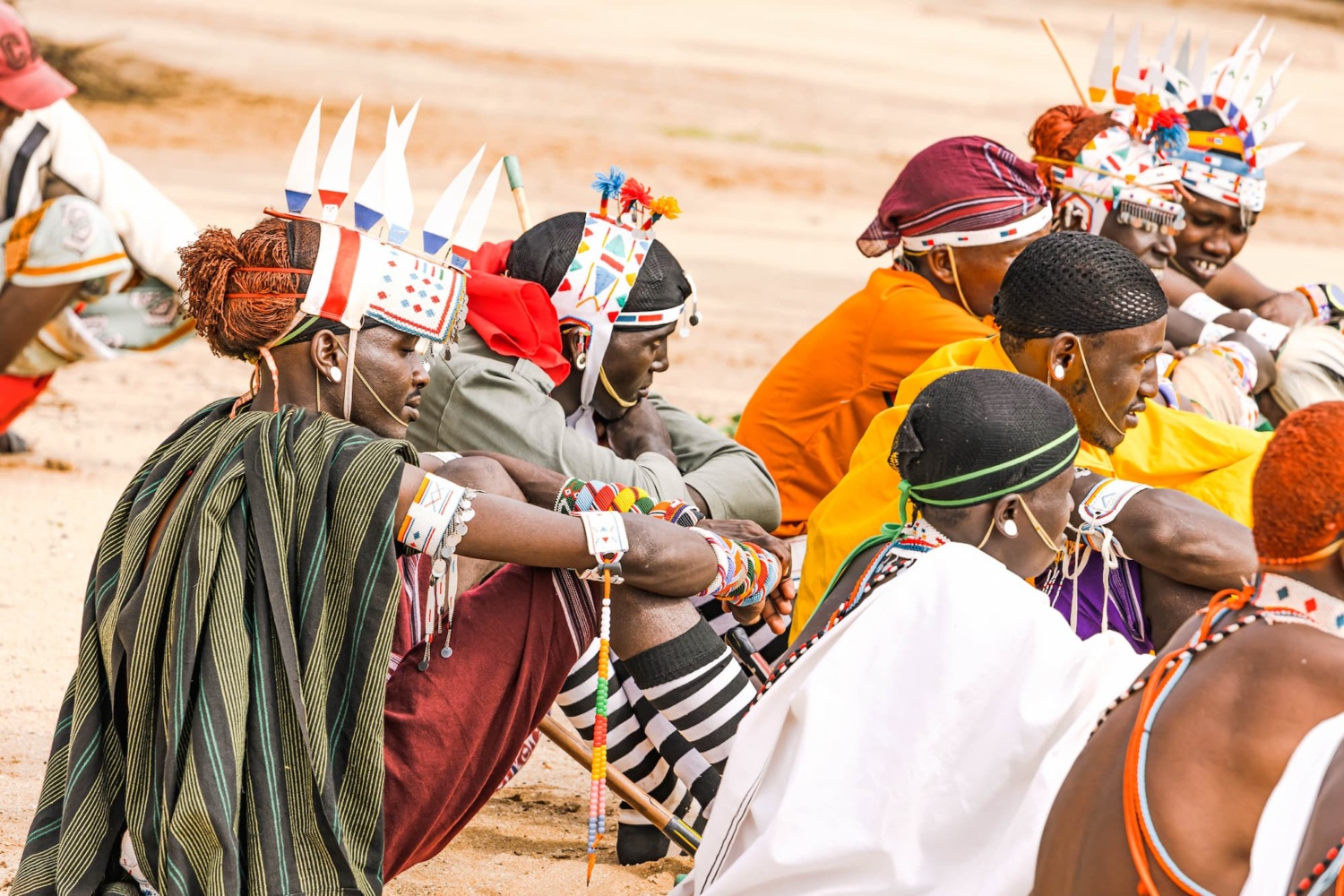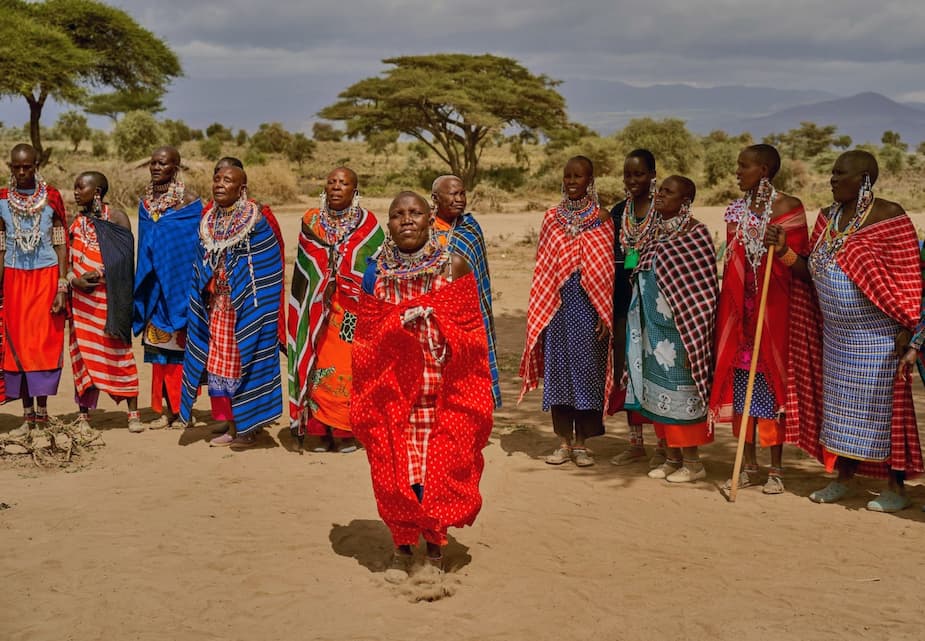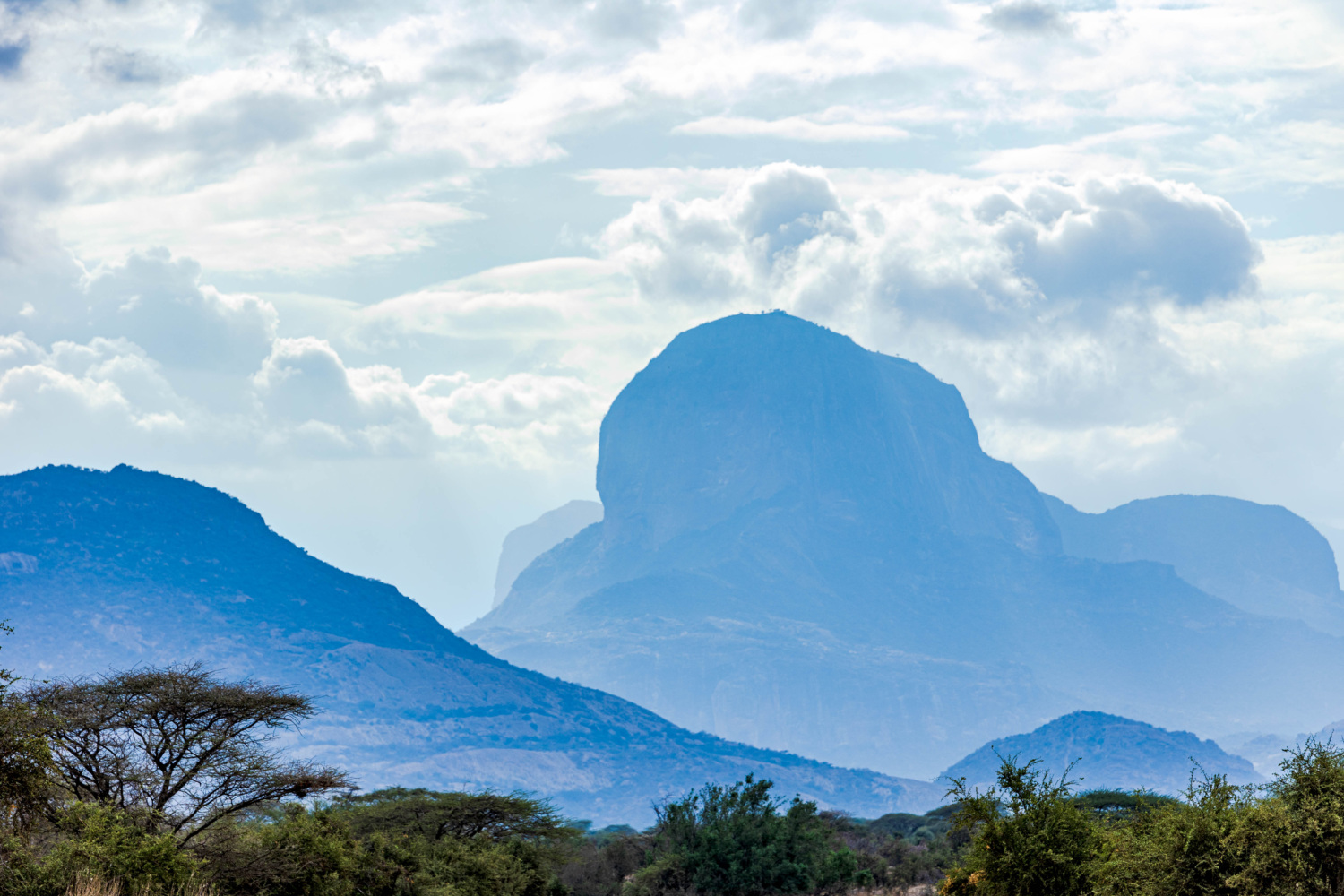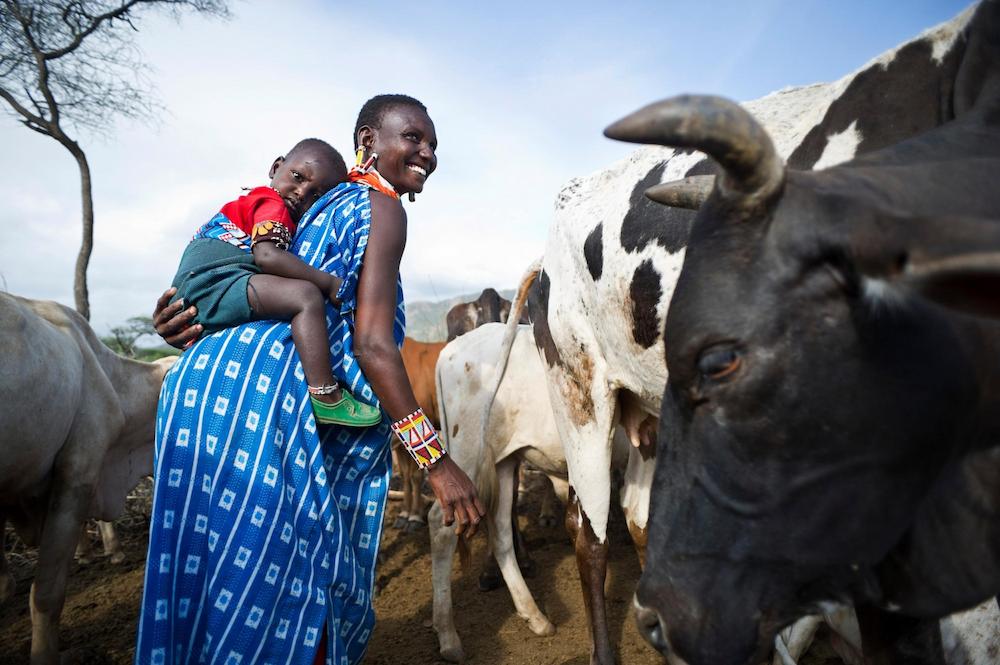Just outside the small town of Wamba in Northern Kenya, 62 young warriors from four different areas gather in a dry riverbed.
Drought has caused their herds of sheep, goats, and cattle to dwindle. Water became scarce, as did fertile grazing areas, so environmental degradation-induced conflicts arose and began to spread. Violence was becoming more common, as groups attempted to steal cattle from one another.
Warriors from various tribes have been gaining heroism through carrying out successful cattle raids into other’s territories.
Drought has exacerbated this by killing off so much livestock, as it is considered shameful for a warrior to not have any livestock.
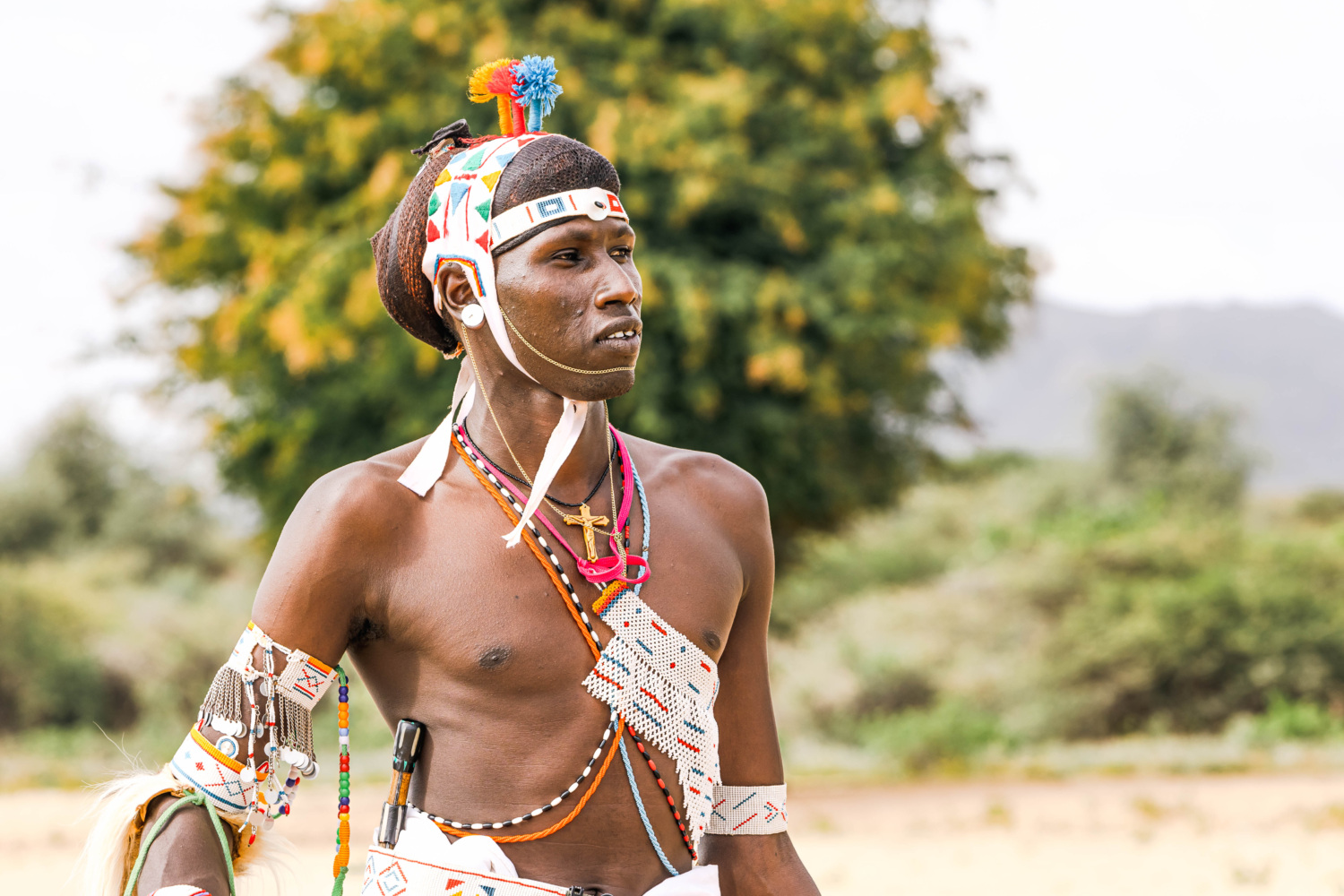
“We had continuous conflict, so we are seeking a solution,” Pius Lekeles, a 26-year-old warrior, told the group as everyone listened quietly. “Our group transformed our situation and made our village the most peaceful one. This work is now rooting us in our place.”
The work Pius spoke of included starting a beekeeping business with 15 hives, and farming kale and other vegetables to sell at the market. Others in his small group of warriors are now even able to request loans from the group to start their own businesses.
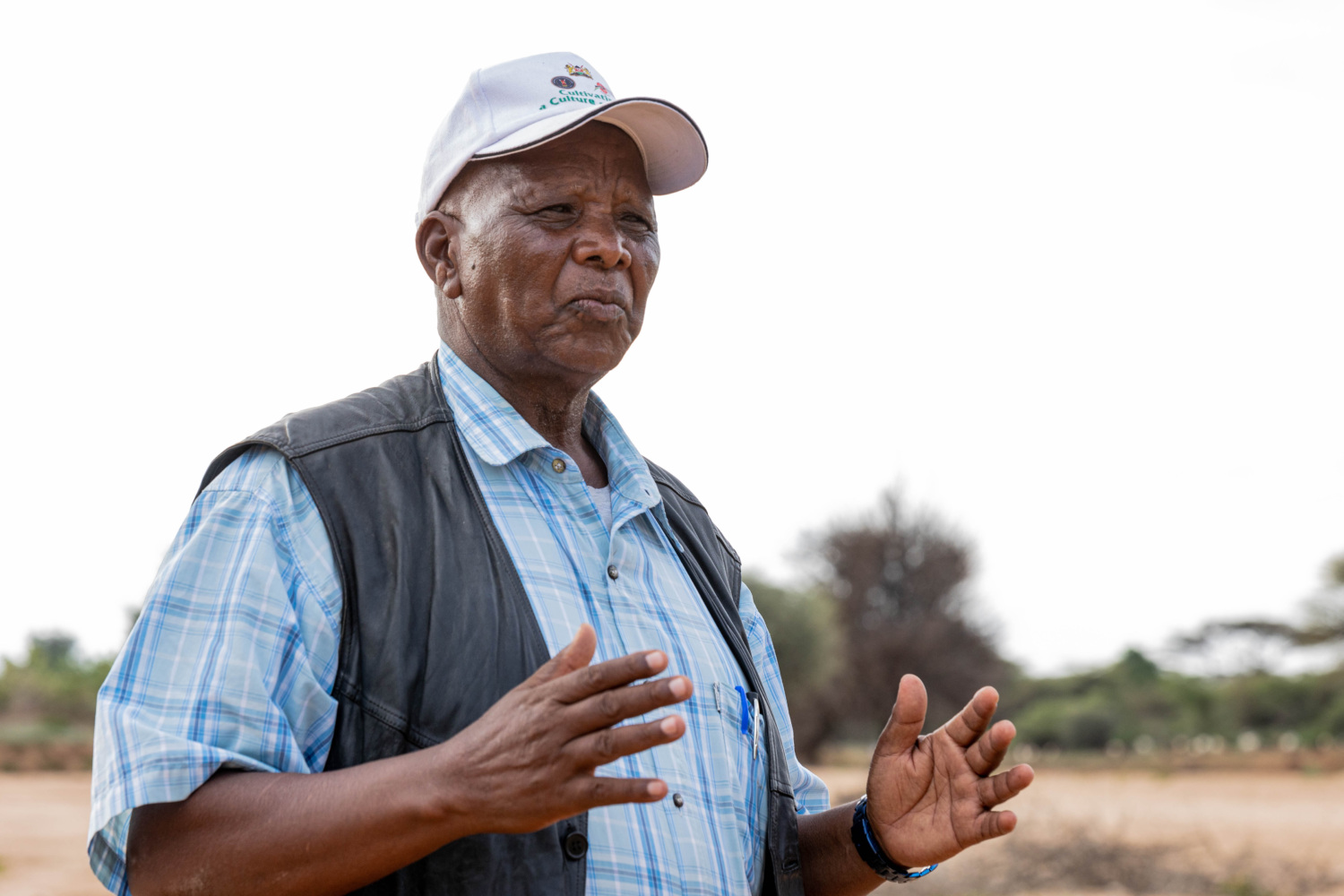
What used to be heroic is no longer. There is a new way to be heroic now. These young men are learning what’s good for them. There is light coming into us, and these young men are all moving to the next level.former tribal chief Salim Lesachore
Thanks to support from the Indigenous Movement for Peace Advancement and Conflict Transformation (IMPACT), one of Home Planet Fund’s seven partners in East Africa, each of the four groups of warriors has received direct financing to begin legitimate businesses.
Each group received 200 thousand Kenya schillings (~$1,600 USD), which they can use to buy livestock and bring them to market to sell after fattening them up, purchase bee hives, seeds for gardening, or other purposes.
They save all their receipts, then all of their slips from depositing their earnings into a bank account that each group is responsible for.
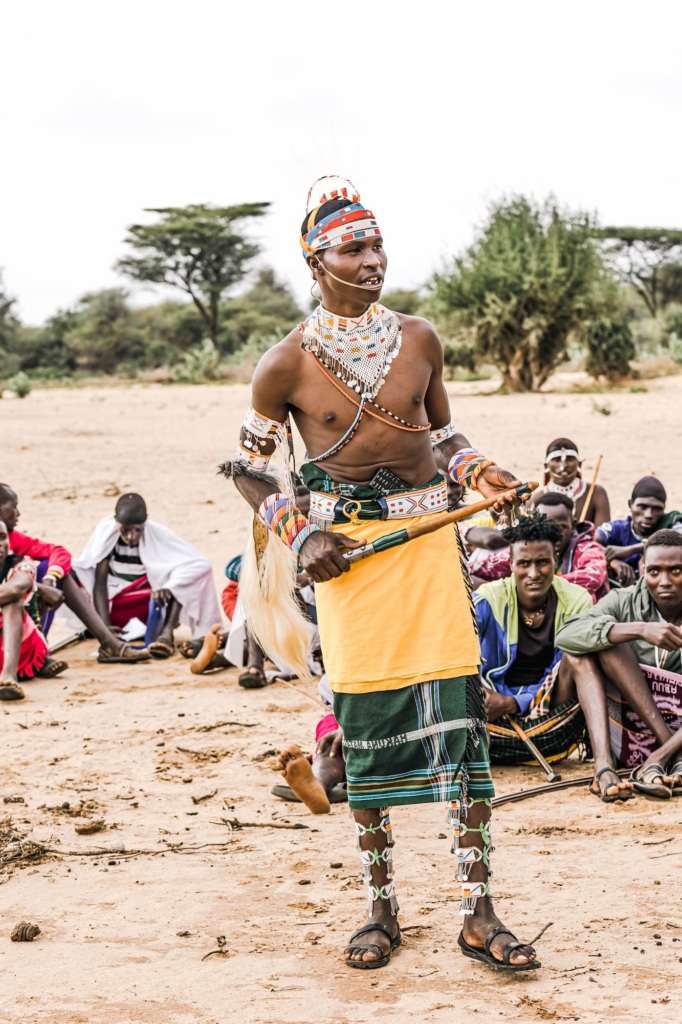
Gas Lesowarir, 25 years old, told the gathering, “This is peacemaking. This is promoting peace. We have sold 100 livestock so far and deposited the money.” Gas also spoke of how this work has caused the groups to self-organize and build a collective vision.
The young men are learning new skills and starting to work together among the groups as well. 26-year-old Moses Leseela and his team have partnered with other warrior groups by pulling goats together to form a bloc. They have learned if they combine their livestock, they can fetch even higher prices at market.
Other warriors from the area are now wanting to join in the initiative. The groups have been working with IMPACT for two years.
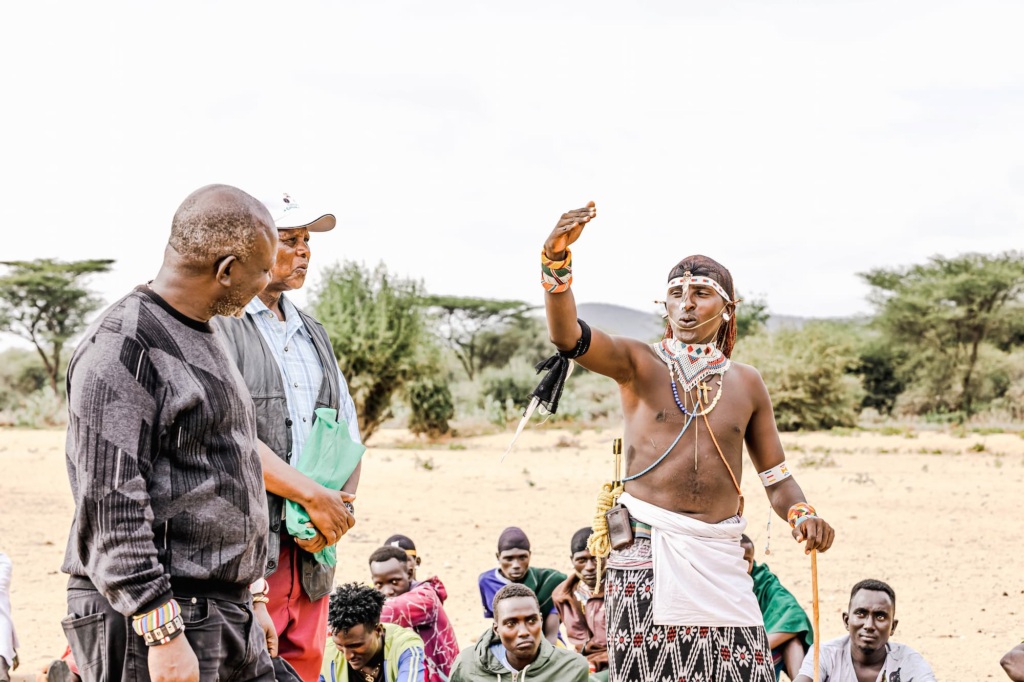
Director of IMPACT Malih Ole Kaunga, pointed to a large tree on the side of the riverbed nearby where all the warriors were sitting.
“This journey started three years ago underneath that tree,” he said. “Now more are joining this journey for peace and hope. It started with livestock and has grown to so much more.”
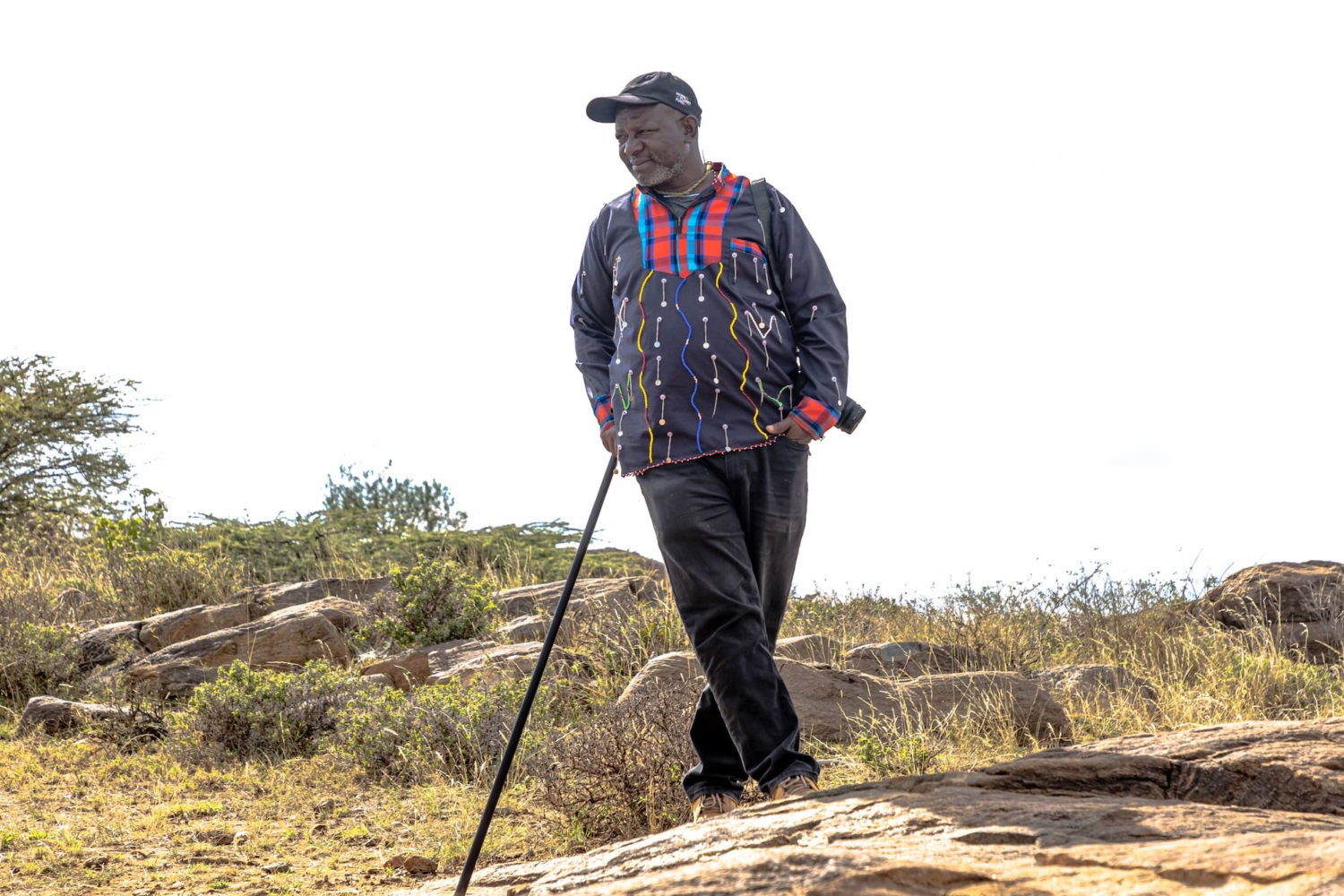
Ole Kaunga and IMPACT worked to organize the groups of warriors, intentionally targeting them from different tribes to bring them together. Each group was then given money to buy livestock and start going into business for themselves.
“We eradicate violence, promote financial literacy, and the warriors learn to buy and sell their own livestock,” he added.
Salim, the former chief, gave great credit to IMPACT for their work on this initiative.
“IMPACT has really brought a lot of change here. This business idea came from them, and that’s why it is working. We will send these boys to reach others. These 62 men will reach thousands, and this will reduce the problems in so many other locations. Most of these young men come from poverty.”
Koristan Lenangeta, 27 years old, was the last of the four warriors representing the groups to speak.
“This is the better way for all of us,” he said. “We still need guidance, but we know this is the best for our future.”
